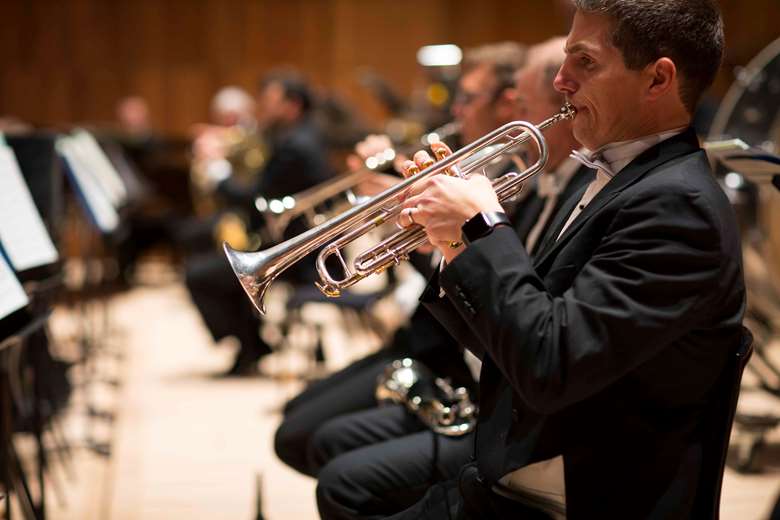RPO publishes optimistic annual report
Florence Lockheart
Thursday, April 4, 2024
The Royal Philharmonic Orchestra’s latest research shows an upward trend in the number of people interested in experiencing orchestral music, managing director James Williams offers his perspective on the latest findings


Register now to continue reading
Don’t miss out on our dedicated coverage of the classical music world. Register today to enjoy the following benefits:
- Unlimited access to news pages
- Free weekly email newsletter
- Free access to two subscriber-only articles per month




